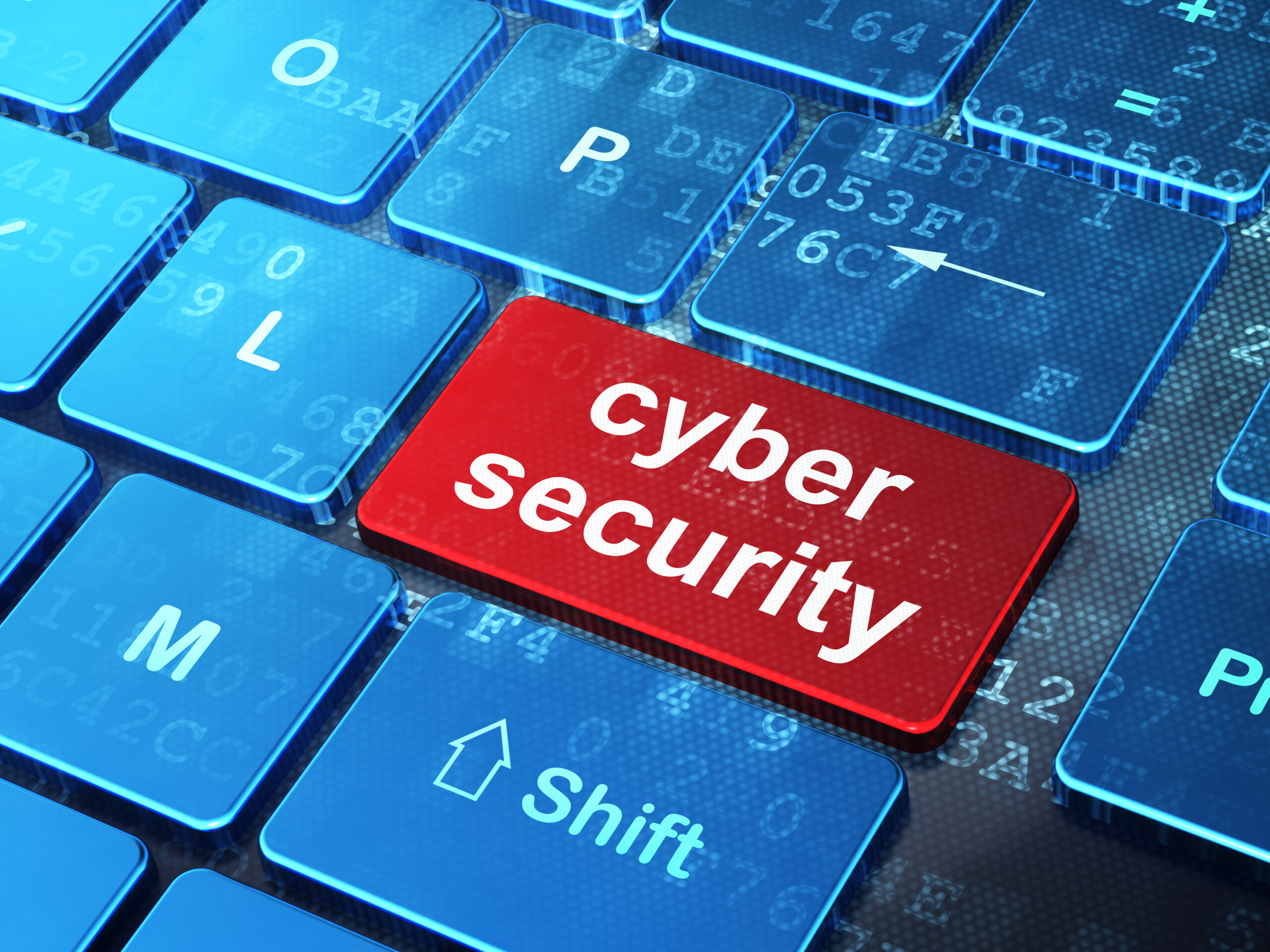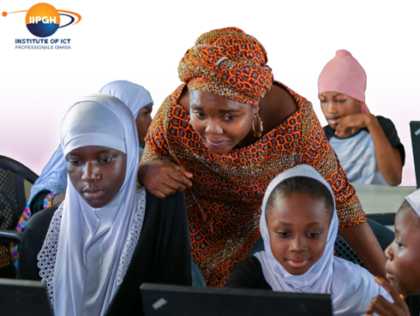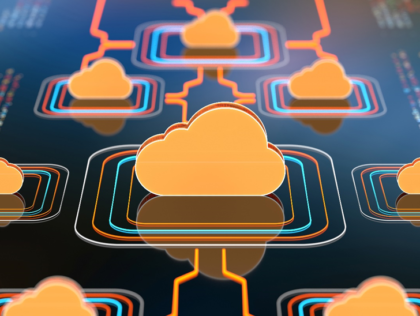Cisco defines cyber security as “the practice of protecting systems, networks, and programs from digital attacks”. Cyber security has become an essential component of our daily digital and cyber life. In today’s world where our daily lives are hinged on connected devices, internet and digital systems, the need for cyber security awareness is paramount. In the cyber space, the damage that a cyber security breach can cause can be huge than the dropping of an atomic bomb into a city. Advanced cyber defense programs benefit everyone whether you are a tech savvy person, a person who is always connected to the internet, government, policy maker or the ordinary man on the street.

According to the Cybercrime Unit of the Criminal Investigation Department of the Ghana Police Service, Ghana lost over USD 105 million to cybercrime at the end of 2018. These figures are the official records from the nation’s elite unit fighting cybercrime. In the previous year (2017), Ghana lost a little over USD 69 million to cybercrime. These figures could be double compared to what have been reported. This is because most firms do not report breaches due to cyberattack for fear of losing their clients. For some time now, Ghana has been fighting what I term the very low-level cybercrime known in our local parlance as “Sakawa” or “yahoo yahoo”. In this modern world, hackers are stealing data from countries, intellectual properties, secret codes nukes, etc.
In this part of the world, our governments see cyber security threats as secondary compared to gorilla warfare’s or terrorist attacks which are rear. Governments have invested hugely into buying arms, fighter jets, and forming huge armies to protect its land, sea and air. What about forming an army for the cyber space? The absence of cyber army could be attributed to the fact that the leaders or politicians do not see these threats with their physical eyes and the level of destruction it can cause. Not to fault them, it is in most cases, not visible to see the threats that is caused by cyber threats. But as we move towards more sophisticated networked cities with strong digital footprints, we should start to worry about the threats cyber security comes with. In these days, water systems, electricity grid systems, traffic control systems, Toll collection systems just to mention a few are being controlled through remote networked systems. Any breach in any of these systems could have a catastrophic impact on an entire nation.
Ghana is the 9th ranked nation with highest social media presence by its citizens. This shows the extent of internet penetration and its usage in Ghana. Also, we ranked 89th (2018) on the global cyber security index initiative of the International Telecommunication Union (ITU). On the African continent, Ghana ranks 11th with Mauritius, Kenya and Rwanda picking the first three positions. On the global front, Ghana is categorized as a “medium” level of commitment. In this category, we are part of countries that have developed complex commitments and engaged in cybersecurity program and initiatives. This categorization puts us at par with countries such as Iran, South Africa, Cyprus, Bahrain, United Arab Emirates, Greece, Malta, Czech Republic, Morocco, Iceland and Nigeria just to mention a few. A review of the indicators that goes into the categorization are the legal frameworks and institutions available in a country to deal with cyber security and cybercrimes, Technical institutions available in a country to deal with cybercrime, Organizational capability and policy coordination’s, Capacity building of professionals dealing directly with cyber security and their know-how, and finally cooperation with partners, countries and sharing information with networks.
A careful critique of these 5 pillars gives a hint about what could have accounted for Ghana’s good showing on the Cyber Security Global index. Firstly, Ghana recently launched an improved Ghana National Cyber Security Policy & Strategy which details of the institutions that would be created and the legal frameworks. This followed by the appointment of a national Cyber Security Advisor and the setting up of the National Cyber Security Council, National Cyber Security Center, National Computer Security Incidence Response Team (CSIRT) and the National Cyber Security Policy Working Group. The setting up of these institutions helped in boosting our ranking.
Ghana, being well-known for taking lead in ratifying UN/AU conventions, did not disappoint and became the 5th country on the African continent to have acceded to the convention on Cybercrime in December 2018 after Mauritius, Senegal, Cape Verde and Morocco. Ghana has also ratified the African Union Convention on Cyber Security & Personal Data Protection, also known as the Malabo Convention. Apart from ratifying conventions and setting up institutions, what are the measures being put in place to safeguard the government, public and private sector from data breaches, and loss of monies from cybercrime. As a cyber security enthusiast, I can see the need to create a cybercrime unit within the Ghana Armed Forces. This unit should be equipped and trained to protect the cyber space of Ghana. Recruitment into this unit should not be based on any physical looks (height and built) but rather on the intellect. The most brilliant computer science/engineering students from out nations universities should be poached and recruited into this unit, train them and keep them off the public eye. If the almighty USA can talk of Russian interference in their elections, then it would be very easy for a North Korean or even a Ghanaian hacker to hack into our elections and change results in favor of a candidate. We are developing a world class National ID system which is going to interlink other services, it is time to safeguard the huge data that is being collected by the National Identification Authority (NIA). Just recently Bulgaria had a breach of a national character where over 5 million personal data of tax payers’ details were stolen.
It is believed that cyber warfares and defenses are done in the quiet, but it is my hope that Ghana is not just creating the institutions, ratifying the protocols and going to sleep but rather putting in the hard work by developing the human resource, creating a strong cyber security army which can fight off any offensive from any country when the need arises.
Author: Samuel Hanson Hagan
Member, Institute of ICT Professionals Ghana, and a Telecommunications Consultant
Contact: +233 507 393 640





